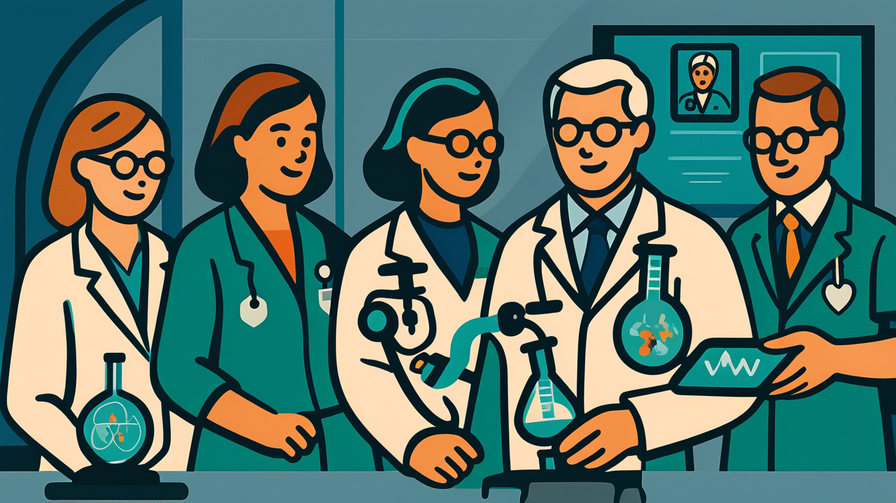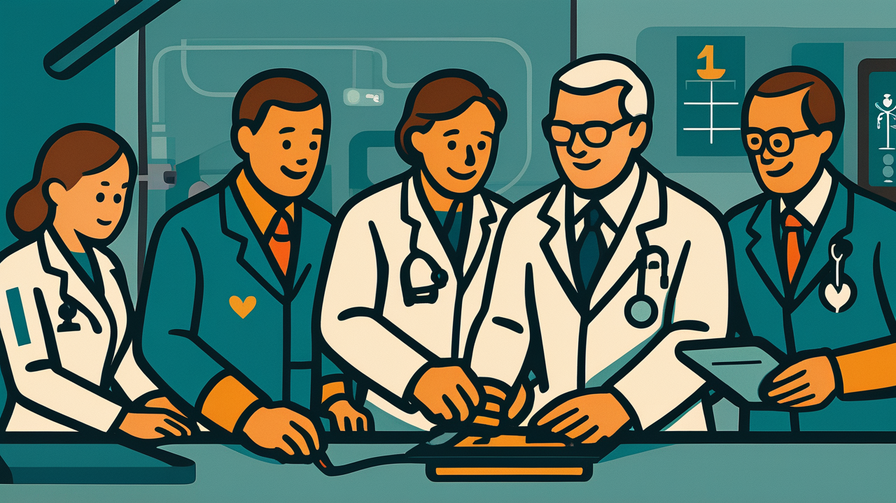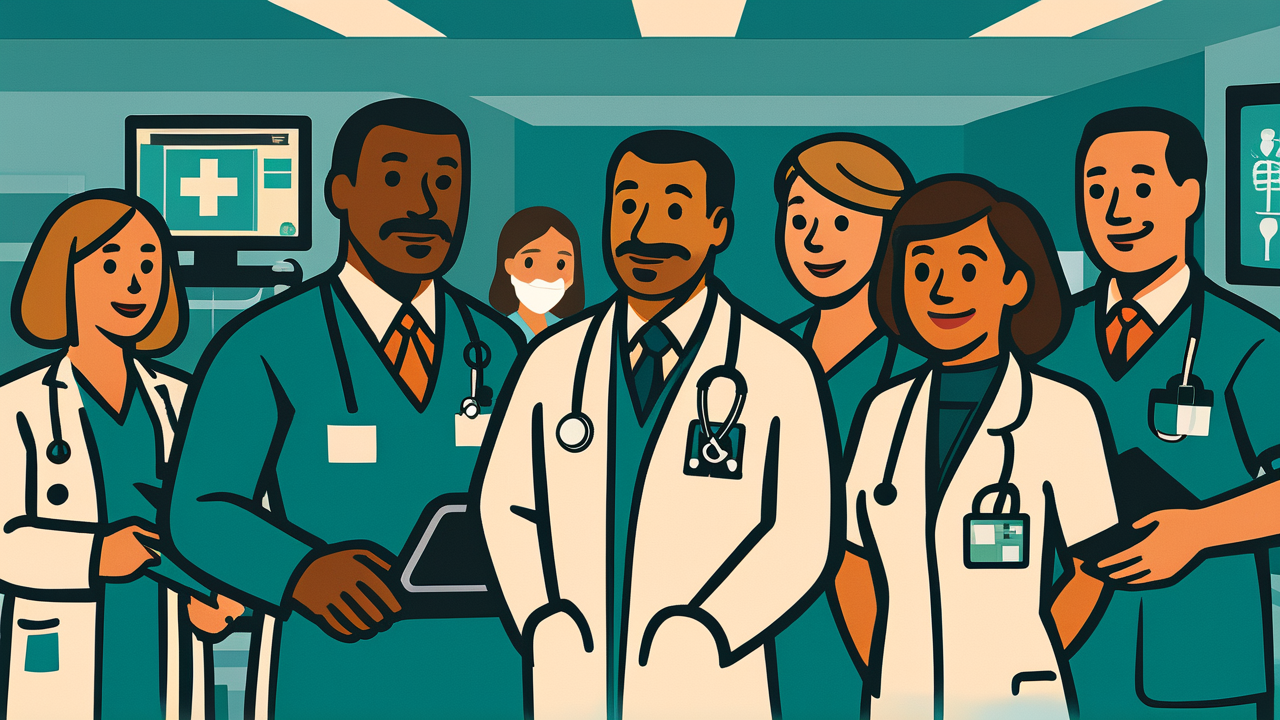[Disclaimer] This article is reconstructed based on information from external sources. Please verify the original source before referring to this content.
News Summary
The following content was published online. A translated summary is presented below. See the source for details.
The European Commission has approved up to €403 million in state aid for the second Important Project of Common European Interest (IPCEI) in healthcare, announced in Brussels on July 22, 2025. Five EU member states will jointly fund this initiative to advance healthcare innovation and medical technology development. The project aims to strengthen Europe’s position in global healthcare markets while improving patient care across the continent. Key focus areas include developing new medical devices, advancing digital health solutions, improving pharmaceutical manufacturing, and creating innovative diagnostic tools. The funding will support both established companies and startups working on breakthrough healthcare technologies. This initiative builds on the success of the first healthcare IPCEI and represents Europe’s commitment to becoming a leader in medical innovation. The projects must demonstrate spillover benefits across EU borders and contribute to European strategic autonomy in critical health technologies. Companies receiving funding will collaborate on research and share knowledge to accelerate healthcare advancement throughout Europe.
Source: European Commission Press Corner
Our Commentary
Background and Context

Imagine if five neighboring countries decided to pool their money to build better hospitals and invent new medicines together. That’s essentially what’s happening with this €403 million healthcare project. The European Union (EU) allows its member countries to work together on big projects that would be too expensive or complex for one country alone.
An IPCEI (Important Project of Common European Interest) is like a super team-up between countries. Think of it like the Avengers of healthcare innovation – each country brings its strengths to tackle challenges that affect everyone. This is the second time EU countries have joined forces specifically for healthcare advancement.
Expert Analysis
Why is this such a big deal? Healthcare innovation is incredibly expensive and risky. Developing a new medical device or drug can cost billions and take over a decade. By sharing costs and knowledge, European countries can achieve things impossible alone.
The timing is crucial. After the COVID-19 pandemic, Europe realized it depended too heavily on other regions for critical medical supplies. This project aims to make Europe more self-sufficient in healthcare technology while creating jobs and improving patient care.
Additional Data and Fact Reinforcement
Let’s break down what €403 million can accomplish:
• It could fund development of 50-100 new medical startups
• Create approximately 10,000 high-tech jobs across Europe
• Support research that might lead to treatments for diseases affecting millions of patients
• Develop technologies that could reduce healthcare costs by 20-30% in some areas
• Accelerate innovation timelines from decades to years through collaboration
Related News
This healthcare IPCEI follows similar successful European collaborations in battery technology and microelectronics. The first healthcare IPCEI, launched in 2023, has already produced promising results in cancer treatment and rare disease research.
Other regions are watching closely. The United States, China, and Japan have their own healthcare innovation programs, making this a global race for better medical technology. Europe’s collaborative approach could give it an edge by combining diverse expertise and resources.
Summary

The European Commission’s approval of €403 million for healthcare innovation represents a major investment in Europe’s medical future. By having five countries work together, Europe can develop cutting-edge medical technologies faster and more efficiently. For young Europeans, this could mean better healthcare, more career opportunities in medical technology, and a stronger position for Europe in the global healthcare market. The project shows how countries can achieve more by working together than competing alone.
Public Reaction
Healthcare professionals and patient advocacy groups have welcomed the investment, seeing it as crucial for improving treatment options. Tech companies are excited about opportunities for innovation and growth. Some critics worry about fair distribution of benefits across all EU countries, not just the five directly involved. Medical students and young researchers see this as creating exciting career prospects in European healthcare innovation.


